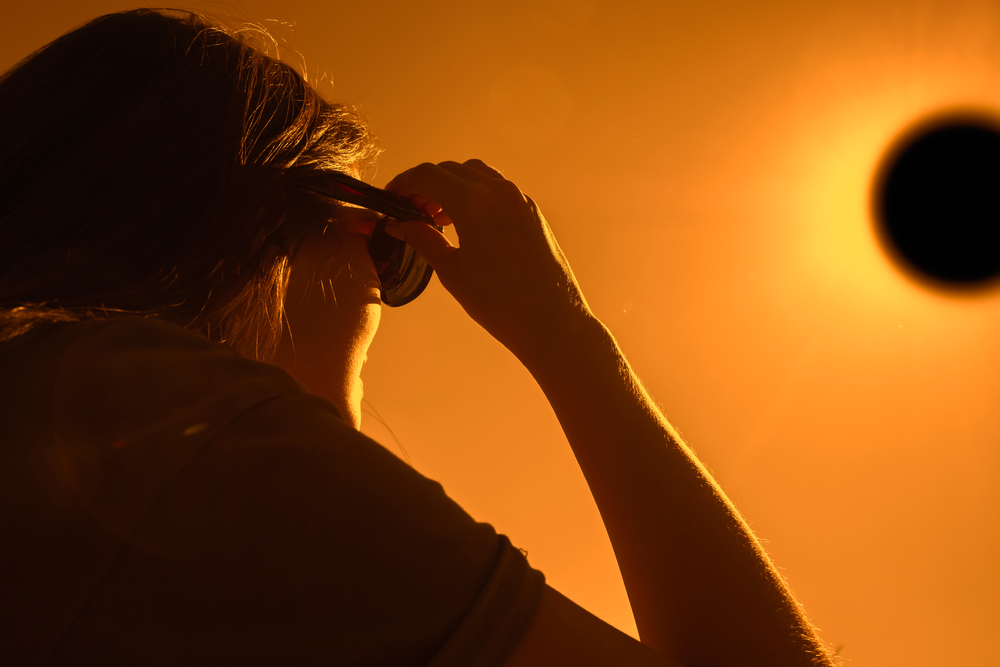
Are you ready for a spectacular celestial event? The April 8th solar eclipse is fast approaching, promising a breathtaking experience for skywatchers across the globe. This natural phenomenon, where the moon passes between the Earth and the sun, has fascinated humanity for centuries. But as you prepare to witness this awe-inspiring event, it's crucial to prioritize your safety.
What is a Solar Eclipse?
A solar eclipse is a remarkable event that occurs when the moon moves directly between the Earth and the sun, casting a shadow over our planet. During a total eclipse, the moon completely covers the sun, allowing observers in the path of totality to briefly experience daytime darkness.
The Importance of Proper Eye Protection
You may wonder why there's so much emphasis on eye protection specifically for a solar eclipse. During a solar eclipse, the reduction in brightness can deceive you into believing it's safe to look directly at the phenomenon, but the harmful radiation remains just as potent.
The human eye is not designed to handle the intense solar radiation emitted during an eclipse. Even a brief exposure can result in "eclipse blindness," or retinal burns, which can cause permanent damage or even complete vision loss. This condition is painless and the damage may not be felt immediately, but the long-term effects can be devastating.
Tips for Safely Viewing the Solar Eclipse
As the anticipation for the April 8th solar eclipse grows, it's wise to heed advice from eye care professionals. Here are some essential tips from optometrists:
2. Supervise children using solar viewing glasses to ensure they wear them correctly at all times during the eclipse. Explain the importance of not looking away from the sun while the glasses are off, as this can lead to accidental exposure.
3.Avoid using cameras, binoculars, or telescopes without proper solar filters. Non-certified filters, such as homemade filters or blackened glass, are not safe. If you're unsure about the safety of a viewing device, it's better to rely on projection methods or attend a viewing event with professional equipment.
Taking these precautions seriously will allow you to relish the solar eclipse without risking the health of your eyes.
Enjoying the Solar Eclipse without Compromising Your Eye Health
The April 8th solar eclipse is not just an opportunity to witness one of nature's most awe-inspiring events; it's also a chance to practice responsible viewing habits that protect your eyesight. Enjoy the celestial show with confidence, knowing that you're prepared to watch the skies safely.
For further guidance on proper eye equipment or how to safely view the solar eclipse, visit Image Eye Care at our office in Weldon Spring, Missouri. Please call (636) 447-2244 to schedule an appointment today.




